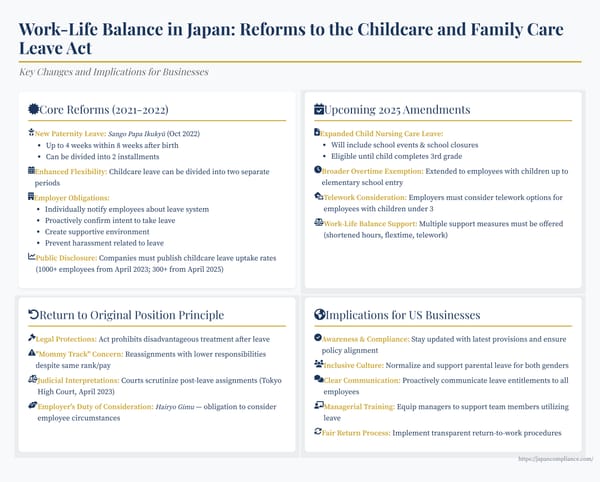TL;DR
Japan’s APPI now reaches foreign firms, mandates strict breach reporting, and limits overseas transfers unless safeguards match Japanese standards. Pair that with growing ransomware threats, METI cybersecurity guidelines, and sector-specific rules, and US companies must localise privacy policies, vet vendors, and harden defences to stay compliant and
